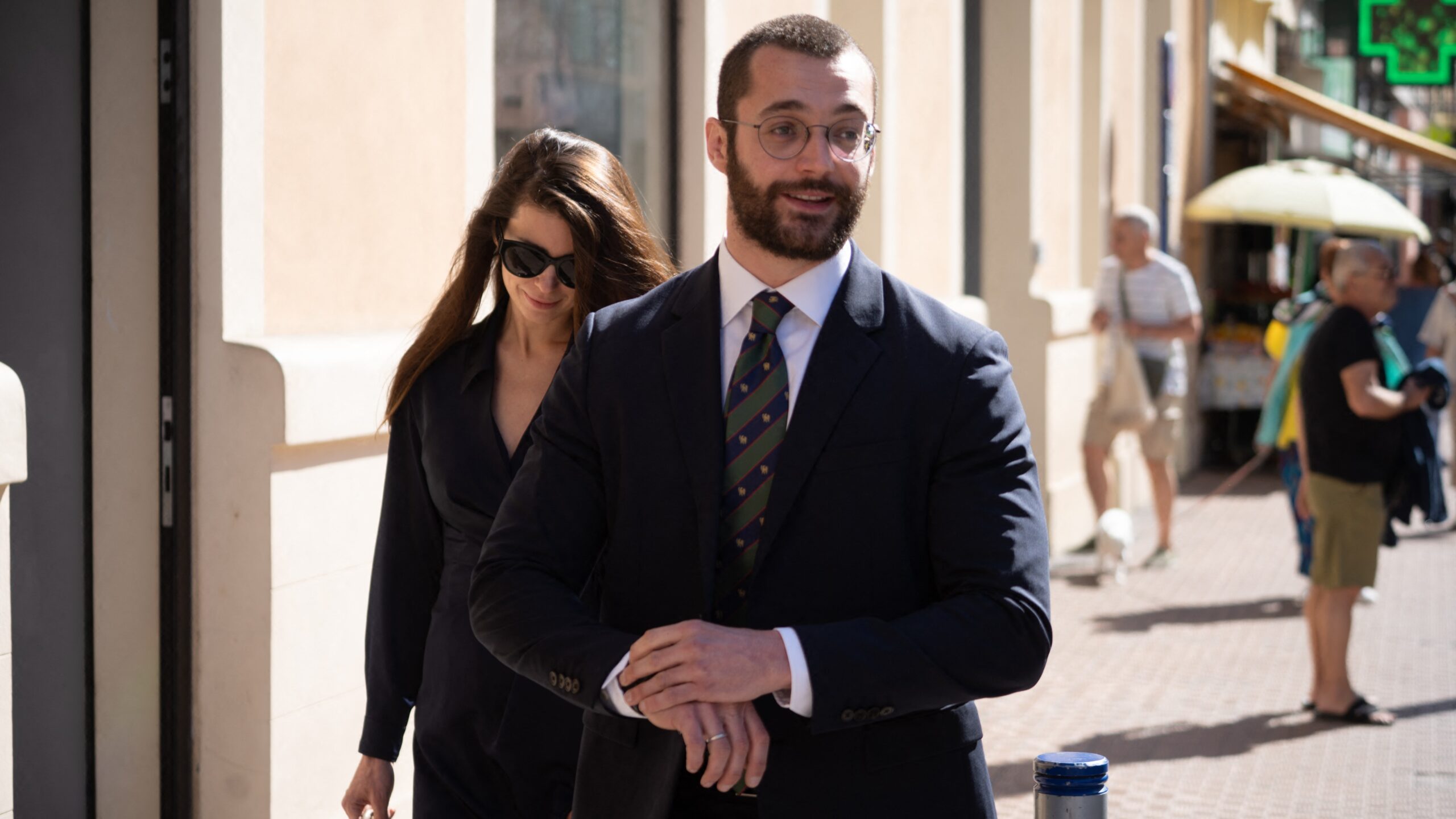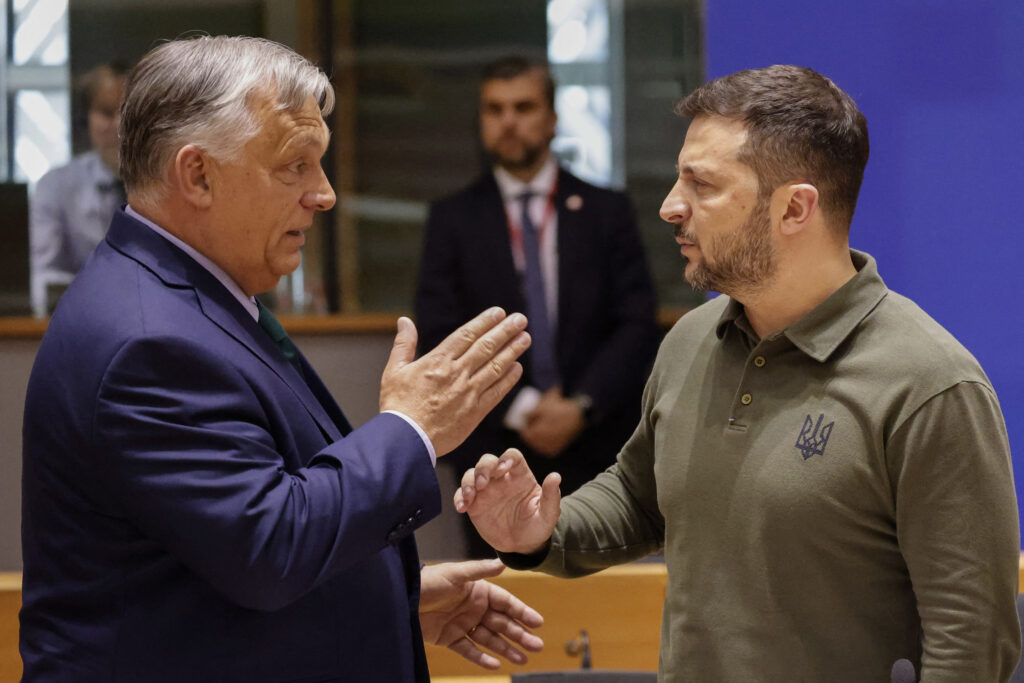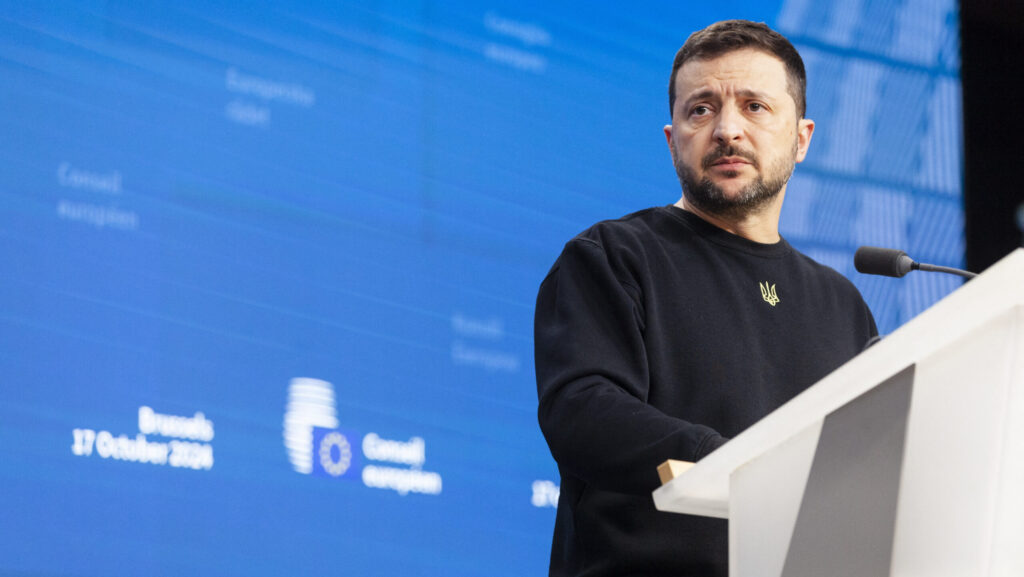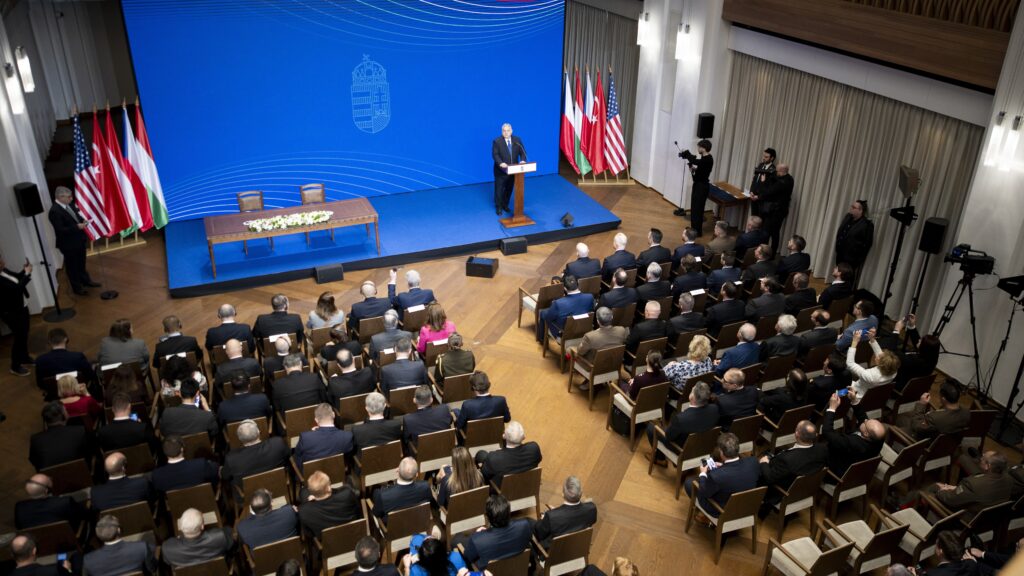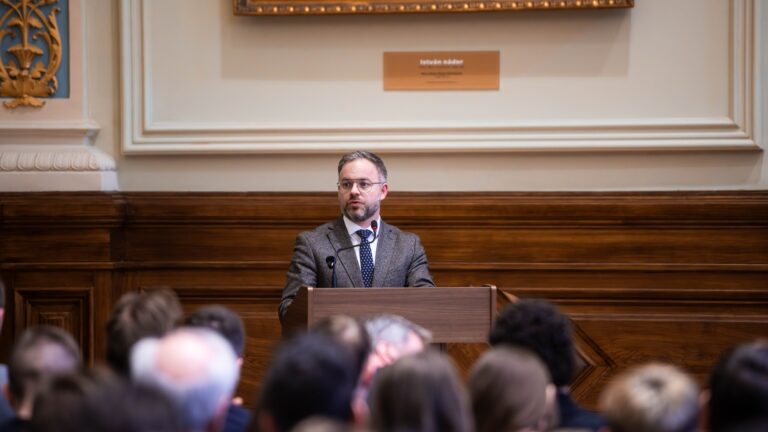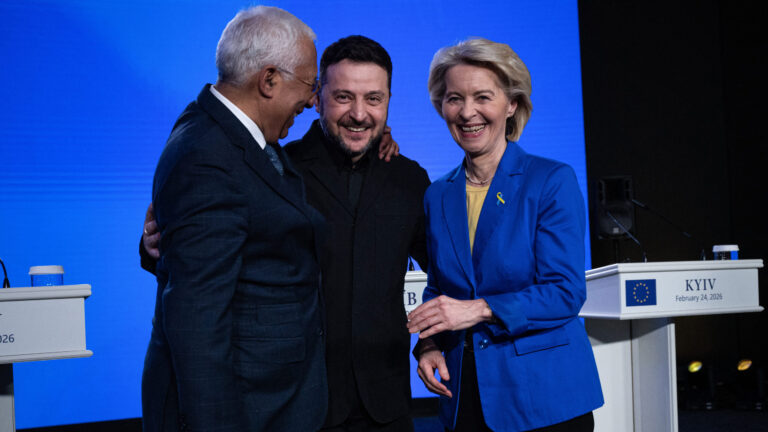Louis Sarkozy is a top-priority target for American and Hungarian interests. He is a rare bridge: Central European lineage and a surname that resonates in Hungary; US-shaped education and a bilingual, media-native conservative voice that plays in Paris. For Budapest, he represents diaspora success and a potential soft-power conduit. For Washington, he is a right-of-centre Francophone able to translate transatlantic priorities into French debate. For readers tracking both capitals, he is a young operator with wider networks than his years suggest. The stage he steps onto, a Riviera border city where identity, security, and competence converge, will test whether this dual legitimacy converts into influence.
Louis Sarkozy’s American Ties
Raised and trained in the United States, Louis Sarkozy presents himself as a bilingual, media-native conservative with an unmistakably transatlantic profile. English-language interviews, podcasts and book tours have cast him just as comfortably in Washington as in Paris. That dual fluency shapes both his cadence on television and the credential-forward way he packages ideas. For American and Hungarian readers, the key is that he speaks ‘conservative’ in two dialects at once: the US cable and podcast idiom and the French current-affairs roundtable.
His schooling is wholly American. At 14 he entered Pennsylvania’s Valley Forge Military Academy, an experience he credits with discipline and public-service ethos. He then earned a bachelor’s degree at New York University (history and philosophy) and a master’s in international relations and diplomacy at American University in Washington, DC. These details recur across publisher bios, festival programmes and broadcast introductions, explaining his easy passage between US and French media ecosystems.
‘The key is that he speaks “conservative” in two dialects at once: the US cable and podcast idiom and the French current-affairs roundtable’
Professionally, he is a commentator and an author. In early 2025, French press noted his LCI slot and regular columns at Valeurs actuelles. In the Anglosphere he promoted Napoleon’s Library through C-SPAN and history podcasts, presenting a persona equal parts historical enthusiast and political polemicist. The Financial Times even tapped him for a Washington, DC ‘insider’s guide’, further underlining his American embeddedness. This all signals a politician comfortable with message discipline, rapid-response media and the fundraising-and-events culture that US conservatives consider basic campaign hygiene—an operating system he now brings back to the Riviera.
Bid for the Mayorship of Menton
The Menton play moved from rumour to structure with a dry, decisive instrument: an ‘association for financing the electoral campaign of the list led by Louis Sarkozy for the municipal elections of March 2026 in Menton,’ declared at the Alpes-Maritimes prefecture on 11 August and published in the Journal officiel on 19 August. In French municipal politics, this unlocks regulated fundraising and spending for a list—clear operational intent, even if it falls short of a formal declaration. Le Monde stresses that point; La Dépêche frames the same filing as an ‘official’ launch, a telling divergence that captures the moment’s ambiguity.
The local terrain is tight and unforgiving. Menton’s traditional right must navigate a strong Rassemblement national (RN) vote while managing the liabilities of incumbency. The sitting mayor, Yves Juhel (LR), is entangled in a ports-management probe, and talk of anti-RN accommodations hangs over the chessboard. For any newcomer, viability turns on the two-round calculus: placing solidly in the first round and enter the runoff with either a unifying appeal or an alliance arithmetic that denies RN an open lane. Le Monde’s précis is blunt: the majority is ‘strongly threatened’ by RN, which posted 55.6 per cent in Menton in the 2024 legislatives.
Against that backdrop, the finance vehicle matters less as symbolism than as infrastructure. It enables Sarkozy to raise money, test messages and assemble a slate early, while critics marshal ‘parachutage’ lines and rivals lock their own deals. The summer purchase of a pied-à-terre answers residency optics; the harder test is building recognizable local surrogates, neighbourhood presence and a ground game that shows up beyond press hits. Near-term markers to watch include subsequent administrative filings, first public rallies and signals of whether Louis Sarkozy pursues a solo list calibrated for a three-way squeeze, or seeks a negotiated bloc that maximizes leverage in the second round.
Nicolas Sarkozy’s Hungarian Network
Nicolas Sarkozy’s Hungarian lineage is a living network that still resonates in Budapest’s elite. The former French president is the son of Pál István Ernő Sárközy de Nagy-Bócsa, a Hungarian Protestant aristocrat who emigrated to France.
As head of state, Sarkozy treated Hungary as more than a courtesy stop. In September 2007 he paid an official visit to Budapest, addressing Parliament and meeting leaders, at the outset of his presidency. The trip amplified how Hungarian media and publics read his biography, with Sarkozy himself leaning into the connection. ‘It’s not every day that there is a president of the republic who is half-Hungarian,’ he said, underscoring his father’s birthplace.
‘The through-line is access: a personal rapport that allows Hungary’s leadership to triangulate Paris when useful and offers Sarkozy a continuing voice in Central European’
Working channels with today’s power brokers have endured. Prime Minister Viktor Orbán has repeatedly engaged Sarkozy on European strategy and party-family questions; the two met in 2016 in Paris, and more recently, Orbán again sat down with Sarkozy in Paris during 2023 consultations on bilateral and continental issues, and he included the former French leader in a 2025 Paris swing that also featured meetings with France’s current and would-be leaders. The through-line is access: a personal rapport that allows Hungary’s leadership to triangulate Paris when useful and offers Sarkozy a continuing voice in Central European.
For Louis Sarkozy, this heritage is an asset. It confers instant name-recognition in Hungary and a presumption of goodwill among conservative audiences who admire the arc from Nagy-Bócsa to the Élysée. Yet it is not a turnkey machine: the utility lies less in transactional endorsements than in soft-power optics and introductions. As he builds his own identity, the father’s Hungarian network gives the son a ready-made bridge to Budapest’s political class—one he can cross when transatlantic and Central European interests align.
For American and Hungarian conservatives, Louis Sarkozy should move from curiosity to priority. He marries a US-honed operating style with a surname that still opens doors from Budapest to Paris, and he is testing both in a consequential border city. If he builds alliances and staying power on the ground, he becomes a scalable actor: a conservative communicator fluent in two political dialects with natural Central European reach. Ignore the spectacle; track the organization, the surrogates, the cashflow and the first governing signals. This is a candidacy to engage with early, before events, and rivals, define it for you. Act, invest, and build channels now, deliberately.
Related articles:

